This class will present the modern, American two-day weekend in a completely new light, one that is quite different from the myths about 'who invented the weekend?' that circulate in popular culture. The focus of the session will be on examining a few eye-opening (and delightful!) historical materials from the 19th & early 20th century that help us puncture various the most prominent myths (no, unions didn't invent the weekend, nor did Henry Ford); to realize that framing the historical development as 'the weekend' is anachronistic (the phrase precedes the two-day period by many decades), and that the question itself is anachronistic. The real question is *how* and *why* an extra day could be added at a time when the vast majority of workers were desperate for additional hours of employment; firms had reason to worry about loss of business if it closed when everyone else was open; and few social activities were scheduled for Friday night or Saturday morning. In short, the weekend was about as likely as a 'four-day week' is today and it had no social movement behind it other than a few Rabbis. So how and why did we obtain the gift of the two-day weekend?
Ezra Zuckerman Sivan is a sociologist and Alvin J. Siteman Professor of Strategy and Entrepreneurship at MIT's Sloan School of Management, where he has taught since 2001 and served as deputy dean from 2015 through 2020. Ezra's main project is a book under development on the invention, spread, and adaptation of the 7-day week. This lecture focuses on what is the most important adaptation of the week in two millennia (when the 'planetary week' was developed), the invention of the modern weekend-- a development that was much more unlikely than is commonly realized.
Among Ezra other's other current projects is a podcast called Outsider/Insider where he and fellow sociologist Ray Reagans wrestle with the community inclusion challenges that became more salient on college campuses in the wake of 10/7.
Ezra was raised in Providence and is a graduate of the Providence Hebrew Day School and New England Academy of Torah. He also spent three years attending Israeli schools at multiple levels. His BA is from Columbia and PhD from the University of Chicago. After a stint at the Stanford Business School, Ezra moved to MIT and has lived in Brookline since 2001, where he and Lisa raised four children, who attended JCDS and Gann Academy. Ezra's other claim to fame is that his wife Lisa Wasserman Sivan and her partner Miriam Tropp Spear designed the beautiful space that houses Lehrhaus!

